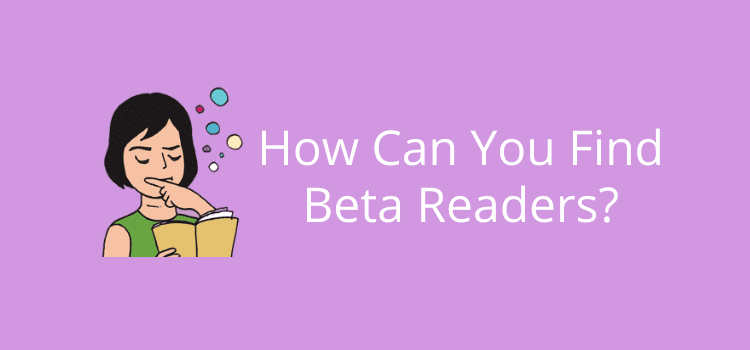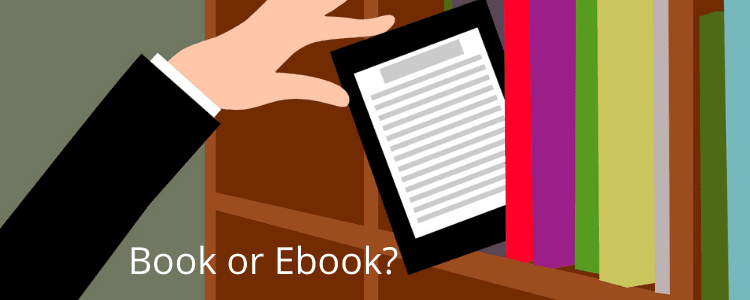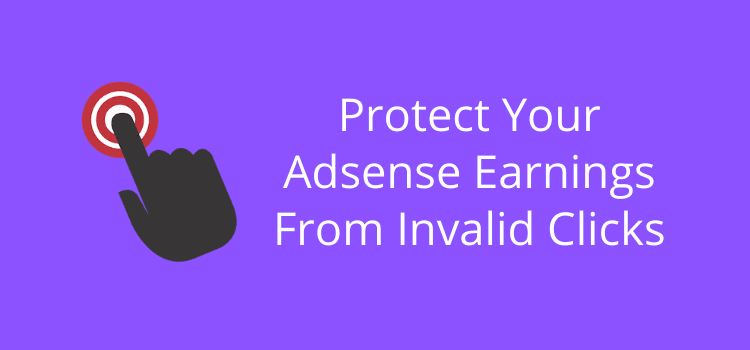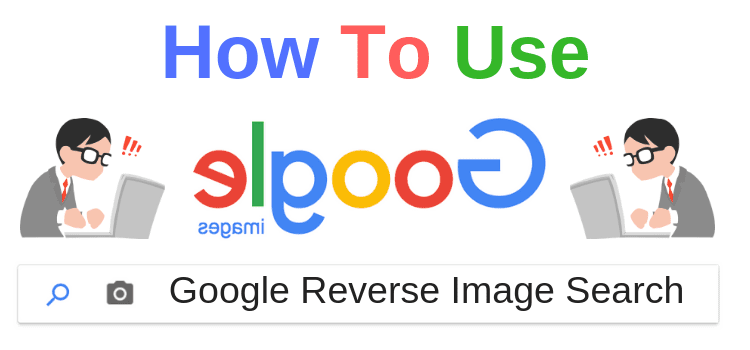
Finding reliable beta readers can be challenging for new authors.
After you write a book, you know you need to carefully edit and proofread your new manuscript. However, before you rush into publishing, allow plenty of time for others to read your book.
It’s one of the vital steps in the publishing process. But it’s one that many new authors often fail to complete.
Working with your readers and critique partners helps you understand what readers will like or dislike about your book.
Your readers are not editors
Finding new eyes to read your book is an essential step before publishing.
But it can be challenging to find willing readers.
You should aim to find at least three, but the more, the better.
When you work with your readers, you are not asking them to read your book to find typos, grammar mistakes, or even spelling errors.
That was the job of your book editor and proofreader during the writing process.
Unlike the alpha reader, who was the first to read your manuscript, you are not sending them a draft of your book.
What they will read is the final version of your manuscript.
You want to know how readers react to your book.
But you want feedback that will be more than whether a reader liked or disliked your book.
Let’s look at what you can do to get the best results.
Set questions for your readers
If you only ask a reader what do you think, you are unlikely to get much helpful information.
Most people are polite, so if you ask, did you like the book, they will usually say yes.
To get more helpful feedback, you need to be more specific.
The best way to improve the quality of feedback is to ask specific questions.
Did you get into the story from page one?
Was there any part of the book that bored you?
Did you find the characters realistic?
Was there enough character development for you?
Who was your favorite character, and why?
Did you want more or less detail?
Was the ending a surprise, or did you see it coming?
You should give a reader three or four questions at most.
They should give you honest feedback that you can then decide to act upon or not.
If you can get a range of views from the people who read your manuscript, you can decide if you need to make any changes.
Why do you need beta readers?
You might get some negative reviews if you rush into publishing your book without any external review.
It is normal to expect a few poor book reviews, especially on Amazon.
But if you can get honest feedback before you publish, you will significantly reduce this possibility.
You can react to negative viewpoints and correct the problems in your manuscript before your book goes on sale.
After your book is available, book buyers will be bluntly honest if or when they post a review.
It’s much better to get this honest feedback well before you publish your book.
How to find people to read your book

If you are self-publishing your book, it’s unlikely that you can afford to pay for readers.
You can find paid readers, but the cost is generally too much to pay if you want a handful of readers.
So you will have to find ways to get people to read your book for free. However, that doesn’t mean you want substandard feedback.
Here are some ideas to help you.
1. Family and friends
You can always start with your friends and family. At least face-to-face, you can plead, beg, and smile when you ask.
Another option is to ask your colleagues at work.
You will probably find that unless one or two family members or friends have a mean streak, they might be reticent to give you brutally honest feedback.
There is also the problem that they might not read your manuscript, but will still tell you that it was a lovely story.
However, the feedback you get can still be valid and a useful point of view.
2. Writing groups
You can look online and in your community for a writer’s group.
It can work well if you have been a member for a while.
But don’t think of joining a group and immediately asking people to please beta-read my work.
If you’re starting to write a book, now is the time to find a group to join that will be of help to you when you finish writing.
3. Facebook groups
You can find a lot of writing and author-related writing groups on Facebook.
Look for groups related to writing, books, or critique groups.
You might be able to join some groups immediately, or you may have to ask for an invitation to join.
You could try the Beta readers and critique partners Facebook group as a good starting point.
4. Other forums
Many forums connect authors with readers.
While I’m not a fan, you can try the Goodreads beta readers group.
Nathan Bransford hosts a range of writer forums that are worth a look.
There are many writing communities on the Internet now, so you have plenty of choices.
5. Social media
Another avenue you can use is your list of contacts on social media.
Perhaps you have a good online relationship with a few people on X (Twitter), Facebook, or Instagram who might like to help you.
It never hurts to ask.
You should also use writing-related hashtags such as #amwriting, #writerslife, #writingcommunity, or #indieauthor on your posts.
These can help attract more attention to your posts from people with an interest in writing and books.
6. The barter system
Without a doubt, this is the most popular way for self-publishing authors to find willing readers.
It’s so simple. I’ll read your book if you read mine.
When you think about it, once you’ve written your book, you’ll have plenty of time while you wait for your readers to get back to you.
So why not use the time to read for other authors?
Another advantage is that you get to see the quality of writing from other authors who are also about to publish.
If you can, try to find authors writing in a similar genre. They are more likely to understand what your target audience or readers want in a story.
Remember to agree on what you are both looking for when you read and establish the questions you would like answered.
Good feedback should offer opinions, not solutions.
If you are lucky enough to get a great reader, they will explain why they liked or disliked certain aspects of your book, and you should do the same.
Lastly, make sure that you commit and act on strict deadlines. Both you and the other author want to move forward with publishing your books.
Give your readers a real book

Don’t fall for the trap of sending your readers a draft of your manuscript in a Word file.
You need to give your readers a proof copy of your paperback or, more commonly, a perfectly formatted ebook.
You can use Kindle Direct Publishing (KDP), Blurb, or Lulu to produce print-on-demand proof copies if you want to offer hard copies of your book.
For an ebook, the easiest way is to use Calibre.
It is an ebook creation and editing program that you can use to convert your Word document to either .mobi for Kindle or .epub for other reading devices. You can also add your ebook cover.
If you are unfamiliar with converting ebook files, you can read our article on converting Word to .mobi and .epub.
If a reader prefers, you can also use Calibre to create a .pdf version of your book.
Summary
Finding suitable readers for your new book is not an easy task, and it can also be time-consuming.
But it is a vital element that can help you publish a better book that will connect with readers.
Sure, use your friends and family first if you can. But you might struggle to get much more than, oh, it was a lovely book, dear.
Try to go further and find fresh eyes to give you much more honest and in-depth feedback about your book.
In a way, it is a bit like a book review, but your readers aren’t going to be hitting one or five stars and posting their reviews online for the world to see.
When your book is published, you want to avoid receiving poor reviews from readers.
The best way to do this is to test the water first.
If you get a lot of negative comments, it’s much better to receive them before you publish and not after. You can address the issues with a rewrite before you publish your book.
But if the feedback is generally positive, you can be relatively sure that readers who buy your book will make a similar judgment.
Take the time and make an effort to find as many readers as you can before you publish your new book.
It can make all the difference in how many books you sell.
Related reading: Do You Need An ISBN If You Are Self-Publishing A New Book?




Interesting that you consider beta reading such a late stage thing to do, I know I personally used beta readers from my first draft, at the point it was just a messy .docx definitely not anything resembling a book. They helped guide me on my narrative development and areas that needed more attention. I hate the thought of authors trapping themselves in a little bubble until they think they’re finished then having to do drastic changes when they get their first piece of feedback.
I used free betas at the beginning and then worked up to paid ones and then on to copyeditors etc, worked well for me – I’m in talks to move from my self published book to trad publishing.